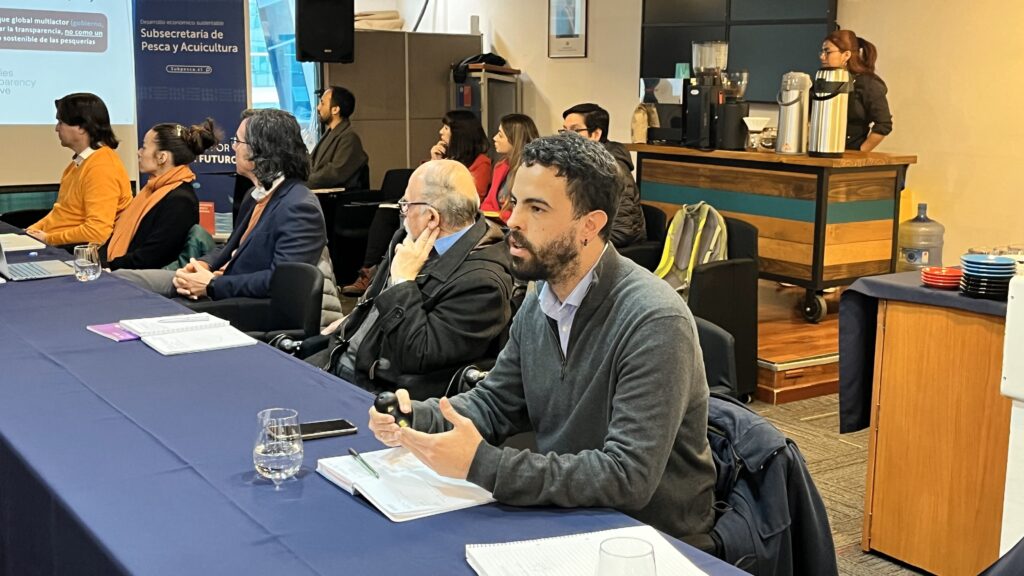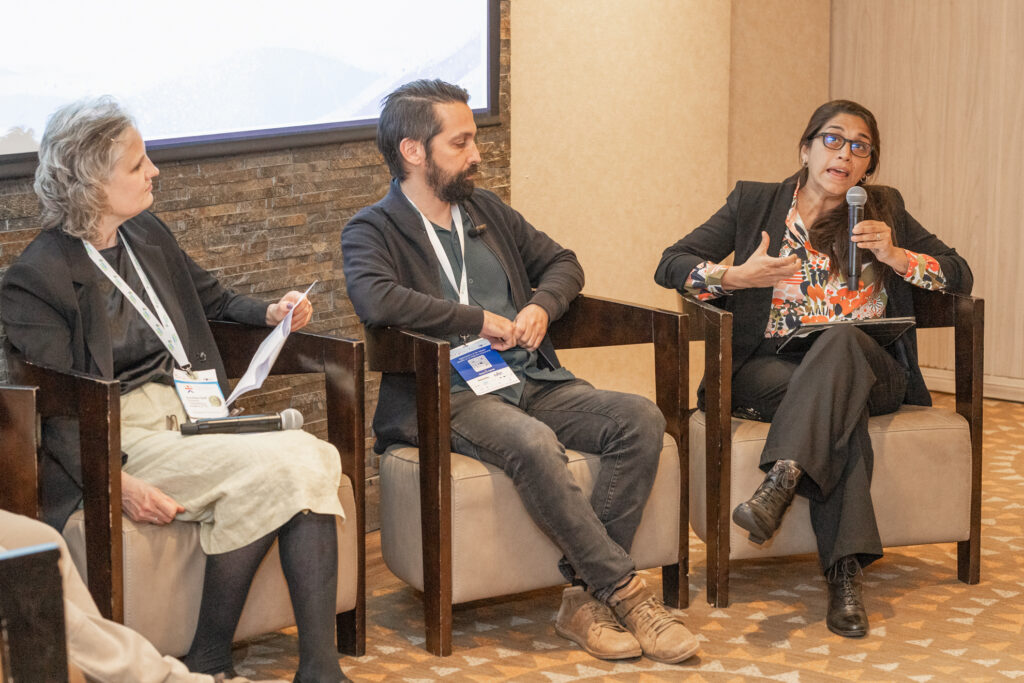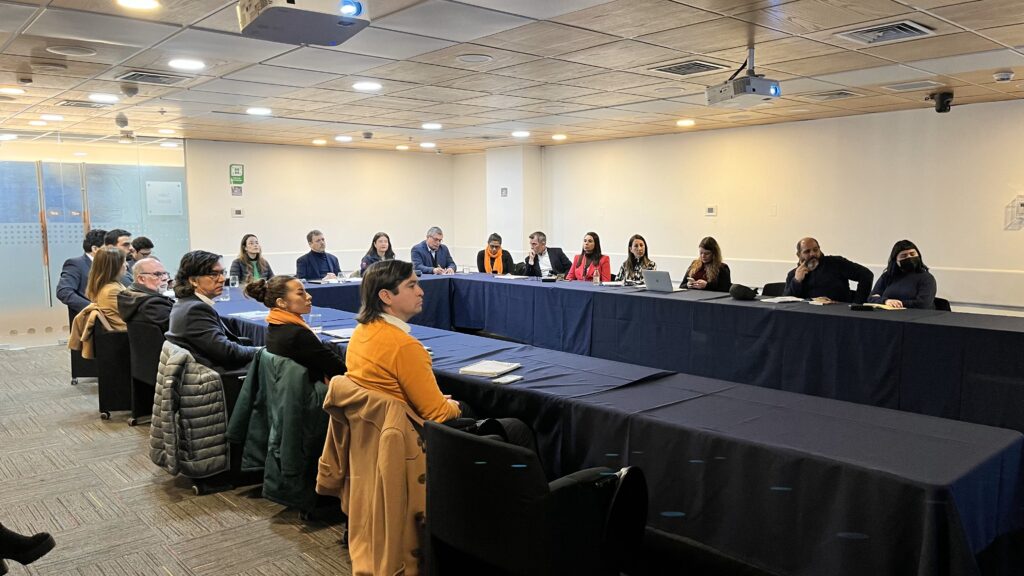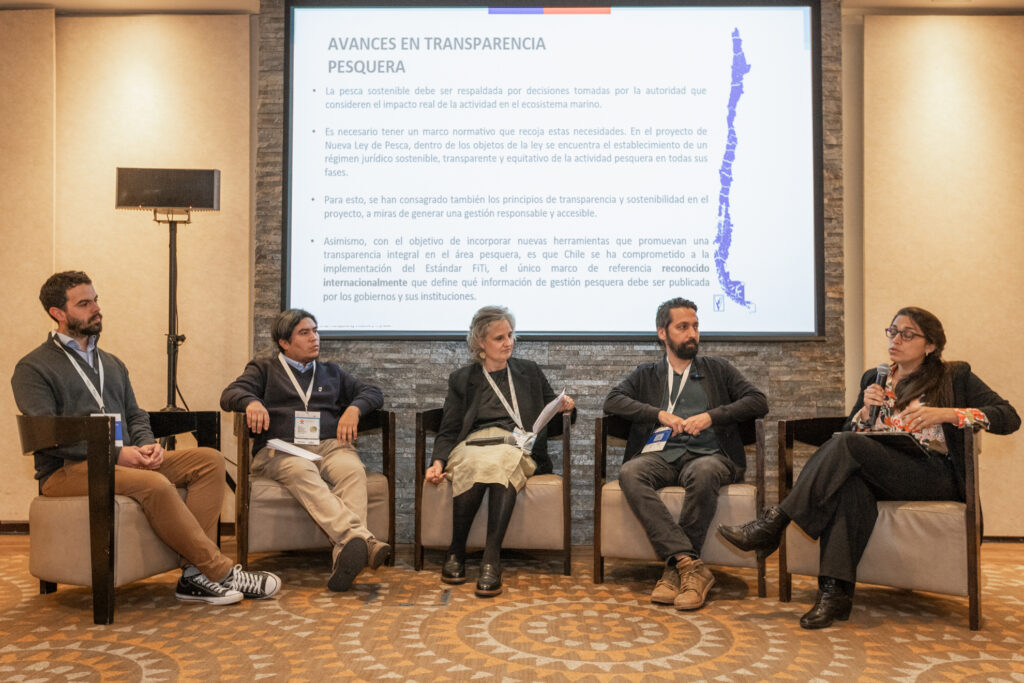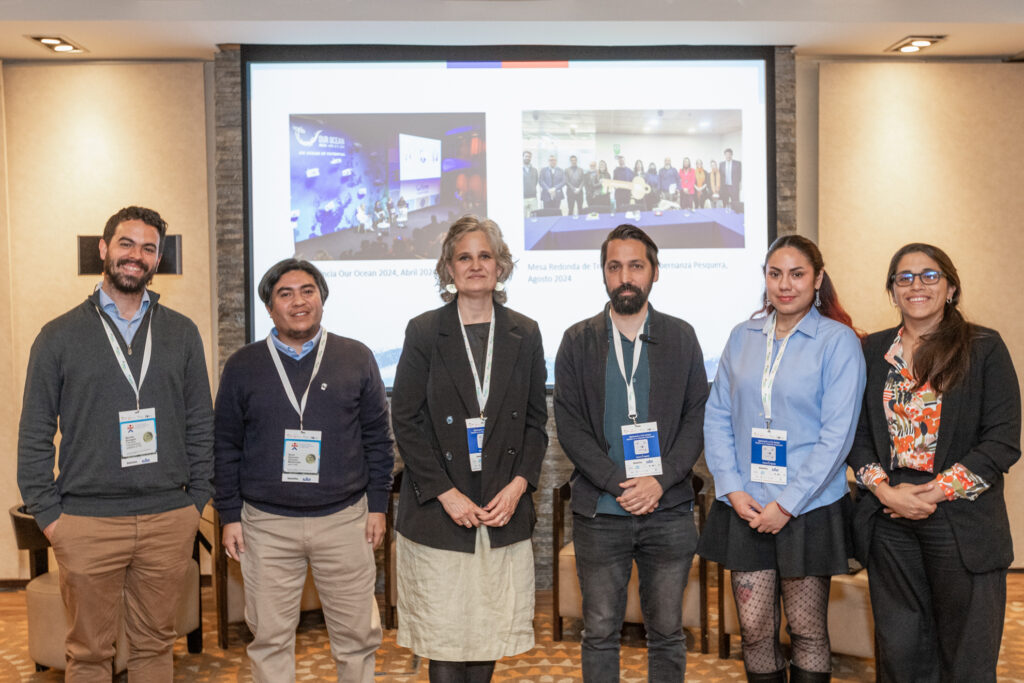FiTI advances fisheries transparency in Chile
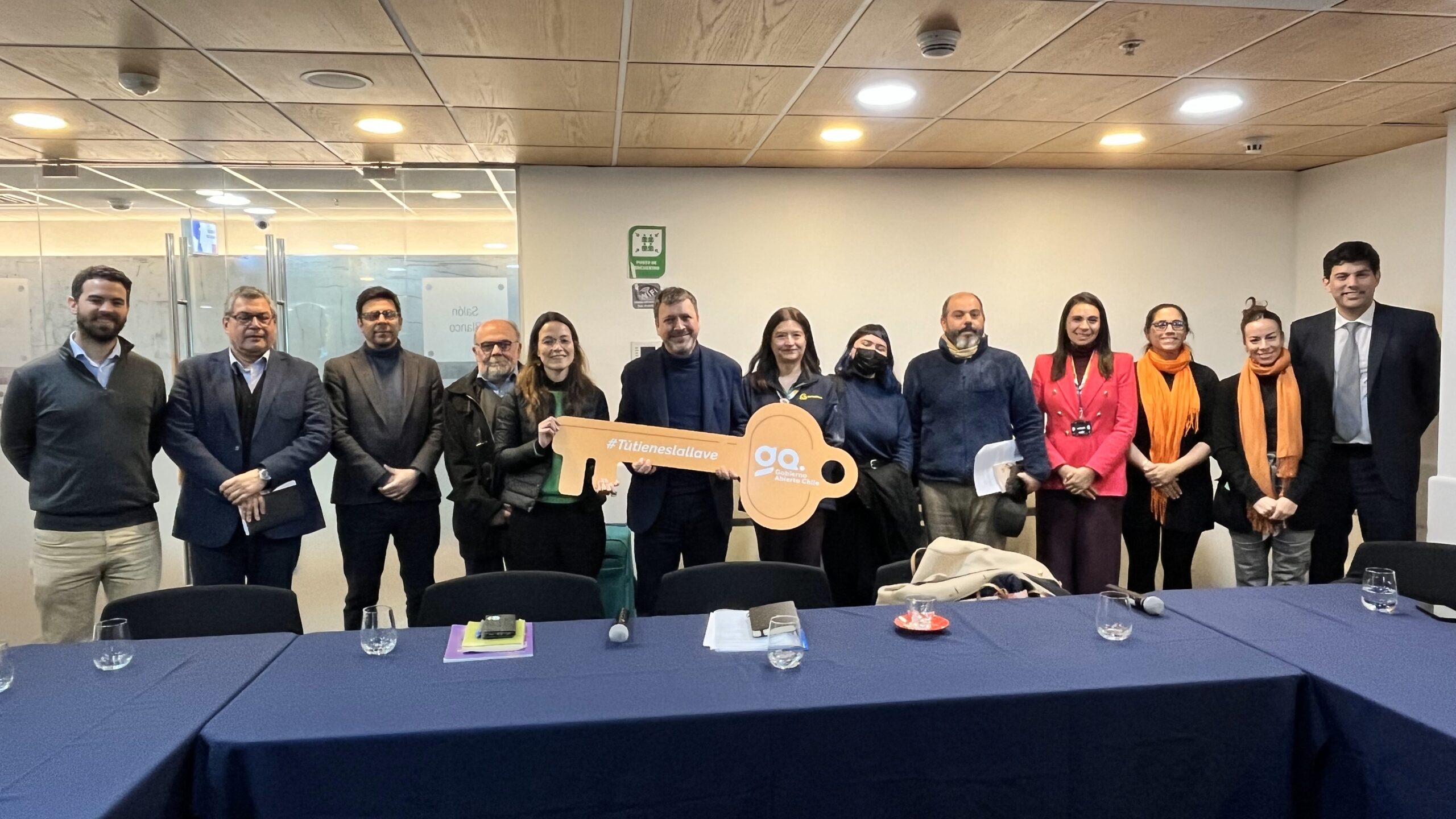
SANTIAGO/VALPARAISO, August 20-31, 2024. Members of the Fisheries Transparency Initiative (FiTI) International Secretariat recently conducted a country mission to Chile as part of ongoing efforts to support the nation’s commitment to fisheries transparency. This mission was a key step in advancing Chile’s progress toward becoming a FiTI Candidate Country, promoting greater transparency and sustainable practices in its fisheries sector. Over the course of the mission, FiTI engaged in high-level discussions with government officials, civil society and private sector stakeholders, setting the foundation for the implementation of the FiTI Standard.
SUBPESCA Roundtable on Fisheries Transparency
A roundtable organized by the Undersecretariat of Fisheries and Aquaculture (SUBPESCA) was a central event of the mission. Representatives from government agencies – including SUBPESCA, the Fisheries Development Institute (IFOP), the National Institute for Sustainable Development of Artisanal Fishing and Aquaculture (INDESPA) and the National Fisheries and Aquaculture Service (SERNAPESCA) – joined other key stakeholders including the Open Government Partnership and the Transparency Council.
SUBPESCA invited FiTI to present during this meeting, where the Undersecretary emphasized the importance of transparency in fisheries management. Attendees outlined key action points during this roundtable, including the formation of a National Multi-Stakeholder Group (MSG) responsible for implementing the FiTI Standard. This action demonstrates the Chilean government’s dedication to ensuring open governance and transparency in this important sector.
Panel at 9th Regional Business Integrity Week
FiTI also co-hosted a session on ‘Sustainable Fisheries: The Role of Transparency’ during the 9th Regional Business Integrity Week, organized by Alliance for Integrity and GIZ. The panel, moderated by FiTI Validation Coordinator Dorothea Garff, provided a platform for stakeholders to share experiences and discuss the role of fisheries transparency in promoting sustainability and integrity across the value chain.
Panelists included Boris Olivares from WWF Chile, who highlighted how innovative technologies are crucial for compiling more reliable data for better monitoring and sustainability. Gonzalo Araya from ONG Pesca Sustentable emphasized the role of consumers in making informed, responsible choices, noting that transparency empowers individuals to engage in sustainable seafood consumption. FiTI Regional Coordinator for Latin America, Nicolas Rovegno, added, “As one of the world’s largest fishing countries, Chile’s commitment to transparency through FiTI will set an important precedent for the region and beyond.”
Additionally, on the opening panel of the event, Valeria Lübbert, Executive Secretary of the Presidential Advisory Commission on Public Integrity and Transparency noted that joining FiTI represents a step forward in enhancing the transparency of one of Chile’s most important productive sectors.
Side meetings with key stakeholders & next steps
In addition to these major events, FiTI held several side meetings with key local stakeholders, including OCEANA, CEPAL, SONAPESCA, Fundación Cocinamar, and the GEF Humboldt II project. These meetings introduced the FiTI Standard to a broader audience and deepened engagement with various sectors in Chile. Discussions with the Ministry of Environment explored potential links between fisheries transparency and environmental governance, particularly in relation to the Escazú Agreement.
These side meetings underscored the cross-cutting importance of transparency for sustainable resource management. Following this mission, Chile will need to establish a National MSG, set up a National Secretariat, and develop a National Action Plan to start implementing the FiTI Standard.
